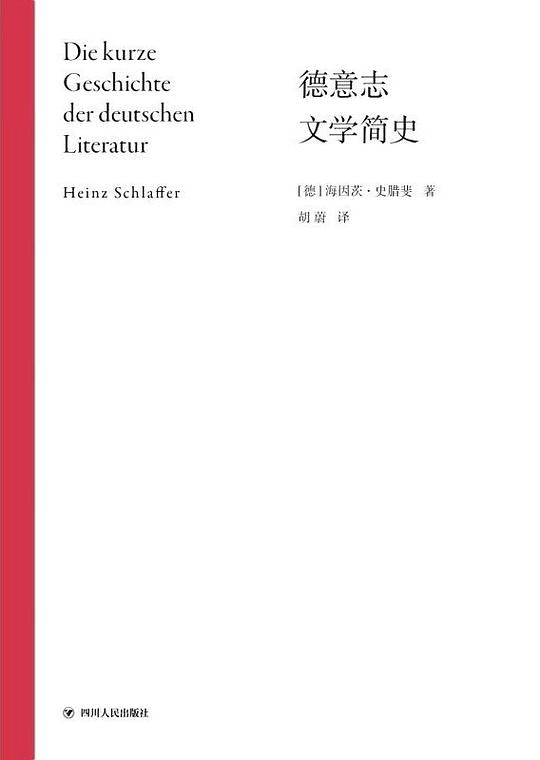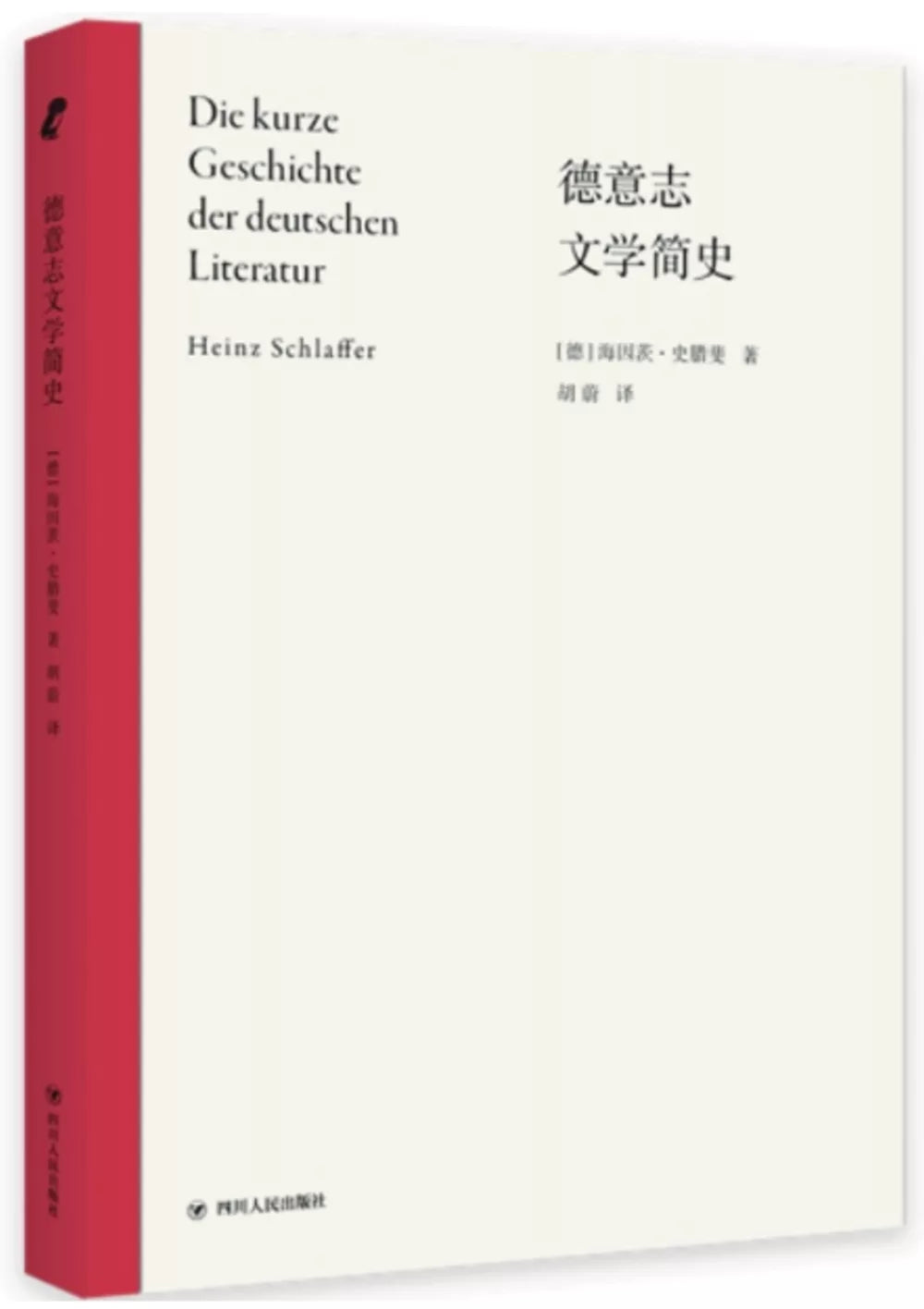1
/
of
2
A Brief History of German Literature
A Brief History of German Literature
[German] Heinz Schlaf Hu Wei 译
Regular price
$18.99 USD
Regular price
Sale price
$18.99 USD
Unit price
/
per
Low stock
Couldn't load pickup availability
About Book
About Book
※ His in-depth interpretation of German literature won him the Merkel Prize, the highest award in German literary criticism.
The first Chinese edition received a Douban score of 9.4, long ranking sixth on Douban's foreign literary history rankings. A seminal post-World War II critical work confronting "German-ness," this is a soul-stirring self-examination by Germanic scholars. The great works of German literature arrived late: the German works we now consider world literature emerged only after the classical eras of Italian, French, and Spanish literature. This compact yet illuminating literary history traces this delay. While all literary histories aim to present a historical narrative, "A Short History of German Literature" takes a rare, serious, and polemical approach, arguing that those engaged in Germanic studies should first ask themselves: Have we avoided the much-maligned yet unresolved notion of German-ness in our literary research? Have we subconsciously closed our eyes to things we prefer not to see, such as forgetfulness and misjudgment? In "A Short History of German Literature," Schaffer seeks to establish a new causal relationship.
————————
"German literature has experienced two world-class peaks. This book examines these two peaks within a unique historical context: the first, in the late 18th century, when German literature emerged as a rising power, becoming the leader of European literature. This rise is associated with the names of Lessing, Herder, Goethe, and Schiller. The second, world-renowned achievement of German literature came in the early 20th century. To this day, readers around the world continue to read writers from that period: Rilke, Kafka, Schnitzler, Stefan Zweig, and Thomas Mann."
Writers, especially expressionist writers, were both terrified and attracted by the omens in history, and the reality of history ultimately surpassed the disasters imagined in literature.
Freedom of language is the foundation of literature, and literary imagination cannot be constrained by politics or morality. If a writer must first examine every word to determine whether it is prohibited or whether it justifies the crimes committed by Germany, he will lose the courage to imagine freely.
The first Chinese edition received a Douban score of 9.4, long ranking sixth on Douban's foreign literary history rankings. A seminal post-World War II critical work confronting "German-ness," this is a soul-stirring self-examination by Germanic scholars. The great works of German literature arrived late: the German works we now consider world literature emerged only after the classical eras of Italian, French, and Spanish literature. This compact yet illuminating literary history traces this delay. While all literary histories aim to present a historical narrative, "A Short History of German Literature" takes a rare, serious, and polemical approach, arguing that those engaged in Germanic studies should first ask themselves: Have we avoided the much-maligned yet unresolved notion of German-ness in our literary research? Have we subconsciously closed our eyes to things we prefer not to see, such as forgetfulness and misjudgment? In "A Short History of German Literature," Schaffer seeks to establish a new causal relationship.
————————
"German literature has experienced two world-class peaks. This book examines these two peaks within a unique historical context: the first, in the late 18th century, when German literature emerged as a rising power, becoming the leader of European literature. This rise is associated with the names of Lessing, Herder, Goethe, and Schiller. The second, world-renowned achievement of German literature came in the early 20th century. To this day, readers around the world continue to read writers from that period: Rilke, Kafka, Schnitzler, Stefan Zweig, and Thomas Mann."
Writers, especially expressionist writers, were both terrified and attracted by the omens in history, and the reality of history ultimately surpassed the disasters imagined in literature.
Freedom of language is the foundation of literature, and literary imagination cannot be constrained by politics or morality. If a writer must first examine every word to determine whether it is prohibited or whether it justifies the crimes committed by Germany, he will lose the courage to imagine freely.
Publication Date
Publication Date
2023-07-01
Publisher
Publisher
四川人民出版社
Imprint
Imprint
New Thinking
Pages
Pages
188
ISBN
ISBN
9787220125560
share



